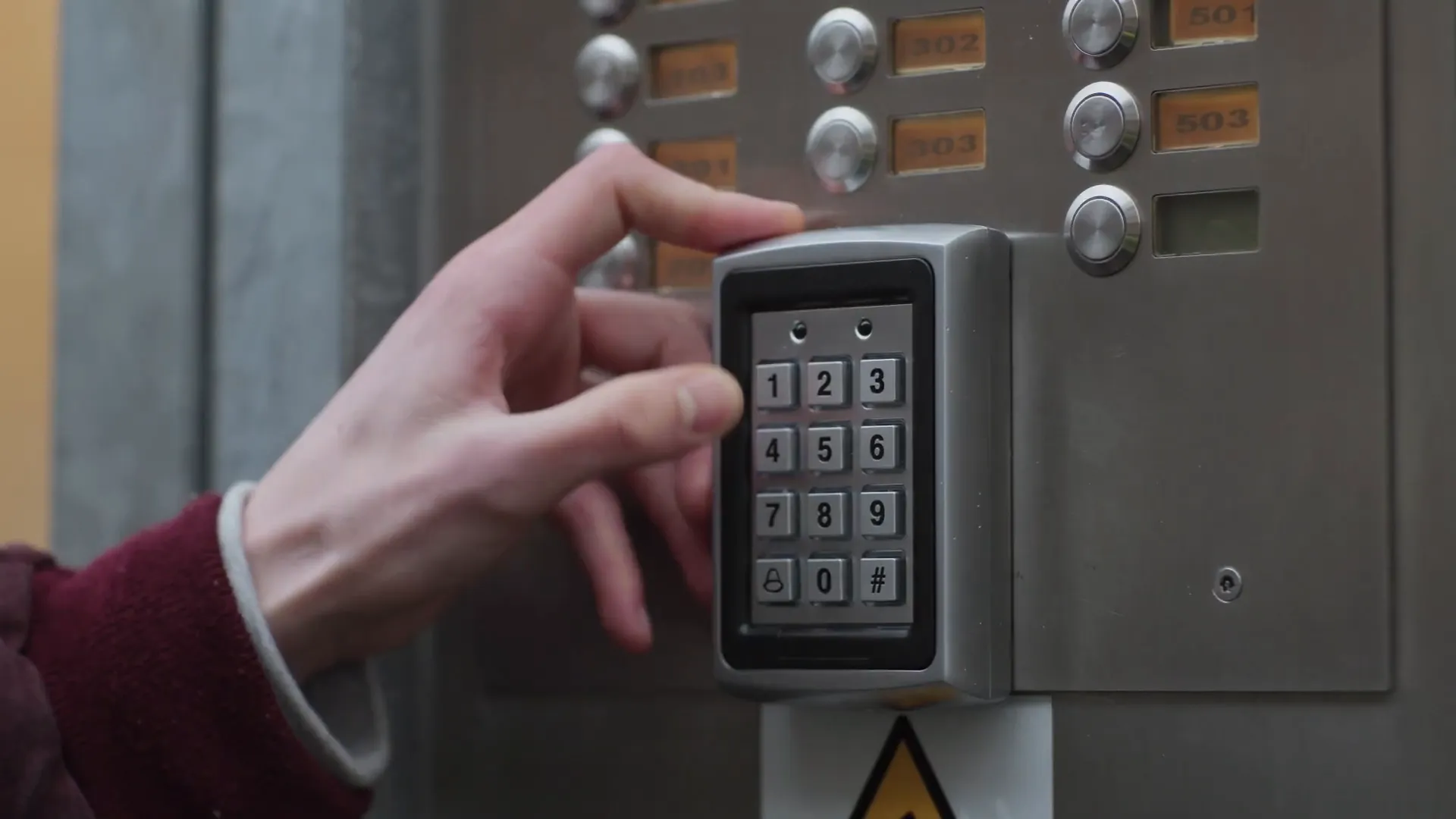Project Astra is a groundbreaking advancement in artificial intelligence, designed to enhance user interaction through a universal AI assistant. This blog post delves into the capabilities, features, and potential applications of Project Astra, showcasing its transformative impact on everyday tasks and experiences.
What is Project Astra?
Project Astra is a research prototype aimed at developing a universal AI assistant that can process and understand multimodal information, such as text, audio, and visual data in real-time. This capability enhances its responsiveness and contextual understanding, setting it apart from traditional AI assistants.
Key Features of Project Astra
Project Astra boasts several innovative features that significantly enhance its functionality:
- Multimodal Understanding: The ability to process and integrate multiple forms of data, including text, audio, and video, allows Astra to provide more nuanced responses and assistance.
- Real-Time Contextual Awareness: Astra can interpret its surroundings and respond to user commands based on visual and audio inputs, making interactions feel more natural.
- Memory Capabilities: The assistant can remember information, such as door codes or user preferences, facilitating smoother interactions.
- Multilingual Support: Astra can communicate in various languages, enhancing accessibility for users around the globe.
Real-World Applications
The potential applications for Project Astra are vast and varied. Here are some practical examples:
1. Smart Home Integration
Imagine asking Astra whether to open the windows. It could analyze weather data, check temperature sensors, and even look outside through a smart camera to provide accurate recommendations.
2. Personalized Shopping Assistant
While shopping, users could point their cameras at items, and Astra could provide virtual try-ons using augmented reality, suggest similar products, or compare prices across different retailers.
3. Real-Time Travel Guidance
Travelers could use Astra to identify landmarks, translate signage, and suggest nearby attractions based on their interests, all while exploring a new city.
4. Enhanced Learning Experience
Astra could revolutionize education by providing interactive learning tools. For instance, pointing a camera at a textbook could trigger related 3D models or simulations, enriching the learning process.
Testing Project Astra in Real-World Scenarios
During a recent test run in London, Project Astra demonstrated its capabilities in various scenarios:
- When asked about laundry instructions, Astra provided specific washing settings based on garment care tags.

- Astra identified local attractions, such as Cold Drops Yard and Tate Modern, and described their significance.

- Users could inquire about public transport options, with Astra providing detailed route information and landmarks along the way.

- Multilingual capabilities were tested, allowing hands-free interactions with Astra using prototype glasses.

Safety and Ethical Considerations
As with any advanced technology, the development of Project Astra involves careful consideration of safety and ethical implications. Google emphasizes responsible AI development and is actively researching potential risks associated with AI agents.
- The project aims to ensure user privacy by implementing strict data management protocols.
- Transparency in AI interactions is a priority, with users being informed about how their data is used.
- Google is committed to ongoing safety assessments to mitigate risks and ensure reliability.
Future Prospects of Project Astra
As Project Astra continues to evolve, its potential applications will likely expand, paving the way for smarter, more intuitive AI assistants. The integration of advanced machine learning techniques and ongoing user feedback will shape its future development.
Frequently Asked Questions
What is Project Astra?
Project Astra is a research initiative by Google aimed at developing a universal AI assistant capable of understanding and responding to multimodal information in real-time.
How does Project Astra differ from other AI assistants?
Unlike traditional AI assistants, Project Astra can process multiple forms of data simultaneously, allowing for more contextual and nuanced interactions.
What are the potential applications of Project Astra?
Potential applications include smart home integration, personalized shopping assistance, real-time travel guidance, and enhanced learning experiences.
What safety measures are in place for Project Astra?
Google prioritizes user privacy and data management, implementing strict protocols and conducting ongoing safety assessments to mitigate risks associated with AI interactions.
Conclusion
Project Astra represents a significant leap forward in AI technology, with its ability to understand and interact with the world in real-time. As it continues to develop, we can expect it to transform our daily lives, making tasks easier and more intuitive.